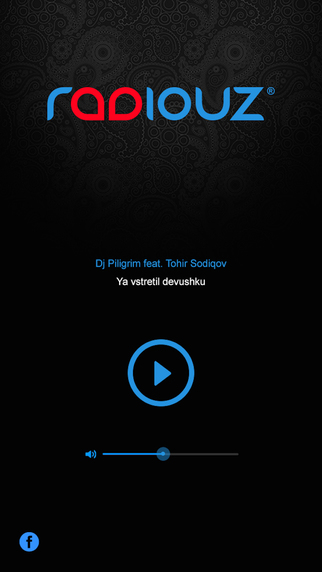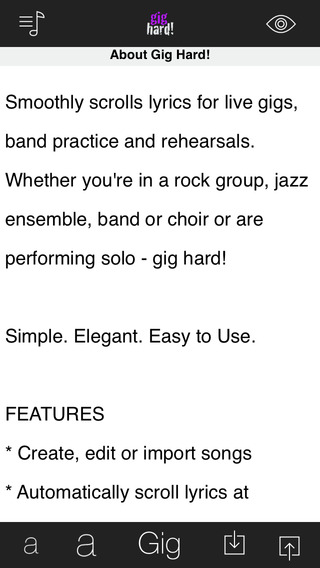A must-have pocket reference for singers, repetiteurs, chorus masters and voice teachers, this app is an alphabetical list of Italian words identifying the correct pronunciation of stressed E & O vowels in Italian lyric diction.Created to assist non-native speakers who have limited knowledge of Italian language and grammar, this easy-to-use guide will help singers find the required information quickly and efficiently.It assists with awareness of correct speech sounds, necessary to maintain the characteristic sonority of the Italian language and prevent distortion or ambiguity of meaning in words which have the same spelling, e.g.:fósse - if he/she werefòsse - ditchesaccètta - he/he acceptsaccétta - hatchetOver 9000 words listed in this app have been drawn exclusively from over 60 Italian operas of Verdi, Puccini, Mozart, Donizetti, Monteverdi, Cilea, Giordano & Gluck, as well as Arie Antiche. Unique to this app is the inclusion of proper names, conjugated verbs, archaic, poetic and literary words not generally found in standard dictionaries.Key features.The list uses the “grave” open vowel-sound accent mark ( ` ) and the “acute” closed vowel sound accent mark ( ´ ) found in standard dictionaries. e.g.: The open vowel sound is indicated by a grave accent: - ebbène, mòrto The closed vowel sound is indicated by an acute accent: - avéte, onóreAll words are shown exactly as they appear in the texts, i.e. in forms and variants of the different parts of speech such as verbs, nouns, adjectives…If more than one form of a word occurs, all are included in the list, e.g.: - abbreviated forms: ancóra, ancór - contractions: dicévano, dicéano, dicéan - infinitive & conjugated verb forms: èssere, sarèbbe, fécero, faro - plural & feminine forms of nouns & adjectives: uòmini, òrridi, stréghe - literary, poetic, & archaic forms: vèglio (vècchio), augèl (uccèllo), fòra (sarèbbe), tòrvi (tògliervi) , trarròtti (ti porterò) Words linked by an apostrophe, e.g. “quell’empio”, “m’innamora” are listed separately under the vowel that begins each word. E.g.: - quéll' - èmpio - innamóraCombined words, formed by the joining of two parts of speech to form a single word, are left intact. E.g.: - Toccòmmi (mi toccò) - Bévasi (si béva) When two words have the same spelling but different syllable stress, to avoid confusion, translations are provided: When the words result in a different meaning: - lèggere - to read - leggère - light, agileWhen two words have the same spelling and syllable stress, but the sound of the stressed vowel is different, again, to avoid confusion, translations are provided: - cógli - with the… - cògli - you pick, gather - véglio - I remain awake, watch over (see V. “vegliare”) - vèglio - old man - vegliò – he/she/it remained awake, watched over (see V. “vegliare”) NB - Some words, especially verbs, may have several different meanings and functions. - The infinitive form of the verb is given for those who want to explore further.In instances where the syllable stress changes for poetic reasons, but the word retains its meaning, further details are provided - tènebre - darkness - tenèbre - darkness (poetic placement of stress)Some stressed E/O sounds may be pronounced open or closed. Both are correct and are listed side by side. - pòrgi / pórgi - dévo / dèvoCreated, developed and produced by Teresa Desmarchelier and Dr Dimitri Kopanakis
免費玩Italian Lyric Diction - E & O APP玩免費
免費玩Italian Lyric Diction - E & O App
| 熱門國家 | 系統支援 | 版本 | 費用 | APP評分 | 上架日期 | 更新日期 |
|---|---|---|---|---|---|---|
| 未知 | iOS App Store | 1.0 App下載 | $4.99 | 2013-07-20 | 2015-06-03 |













